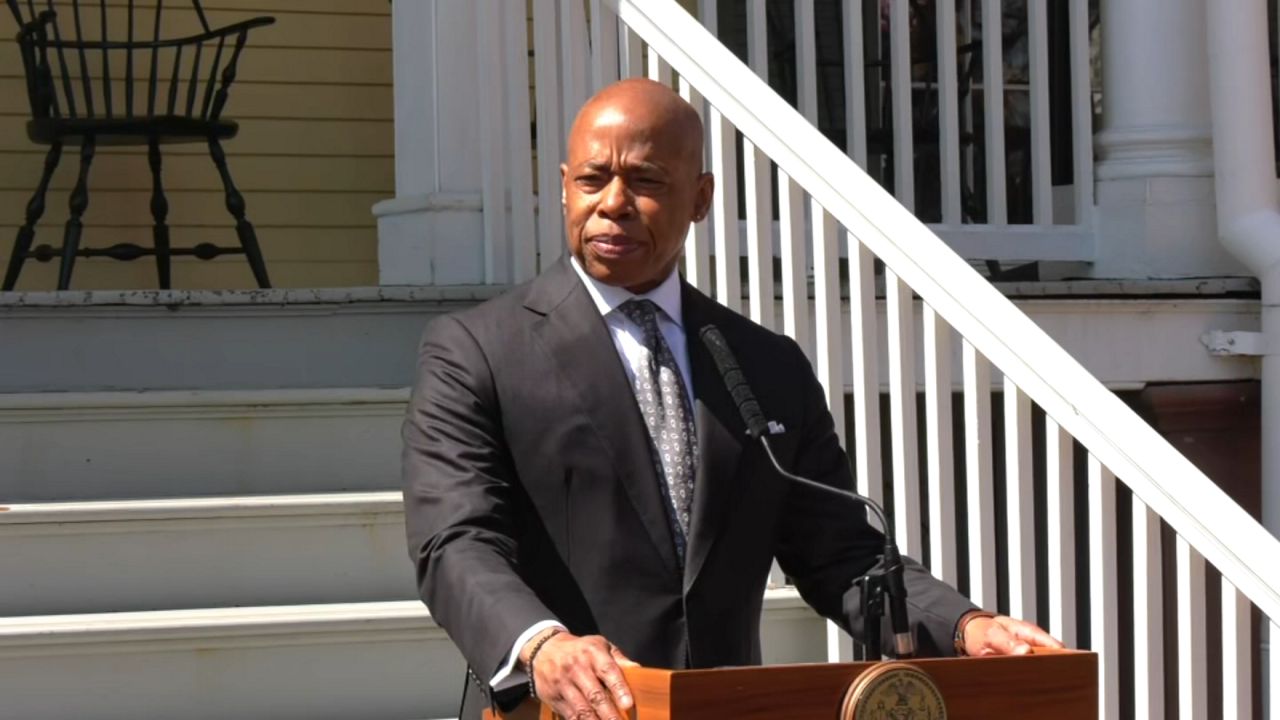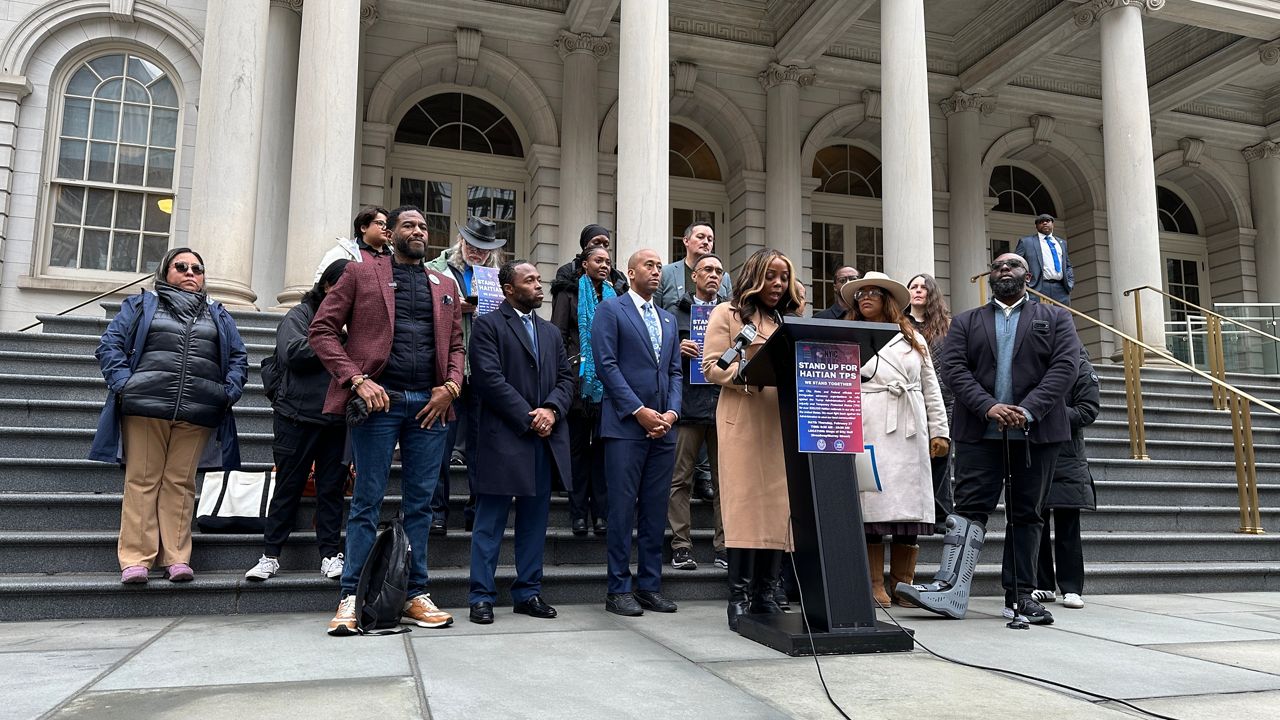Some formerly incarcerated tenants in the five boroughs may soon have an easier time finding housing.
The City Council voted this week to limit the amount of criminal background checks a landlord can run on a potential tenant.
What You Need To Know
- The City Council voted to limit the amount of criminal background checks a landlord can run while screening a potential tenant
- The so-called Fair Chance for Housing Act took months to negotiate
- Councilmember Keith Powers wants to reduce housing discrimination based on past convictions
The legislation initially faced strong opposition from landlords around the city.
“Right now we have widespread discrimination in the city when it comes to housing,” Councilmember Keith Powers said during a press conference shortly before the council voted to pass the so-called Fair Chance for Housing Act.
If signed into law by the mayor, starting in 2025, landlords will be able to reject a tenant if they’ve been convicted of a misdemeanor crime in the last 3 years or a felony in the last 5 years. But for most older convictions, landlords will not be able to turn a tenant away.
“By removing those barriers to housing, people are able to better support themselves, their families, and make their communities safer overall,” Powers said.
An initial version of the Fair Chance for Housing Act sought to ban nearly all criminal background checks for tenants, prompting strong backlash from building owners.
Michael Tobman of the Rent Stabilization Association said, “Owners were not able to check common sense inquiries about felonies or sex offender registries in state and out of state.”
The final version of the bill was modified to reflect changes under The Clean Slate Act, which Gov. Kathy Hochul signed last month. That allows for some criminal records to be sealed if a person stays out of trouble for a certain amount of years.
After months of modifications to the bill’s language, the newly passed legislation has the support of several groups that represent building owners, including the Rent Stabilization Association. “So long as owners are able to check the criminal background of tenants with a reasonable look-back period, we believe that addresses the concern about the safety of existing tenants,” Tobman said.









